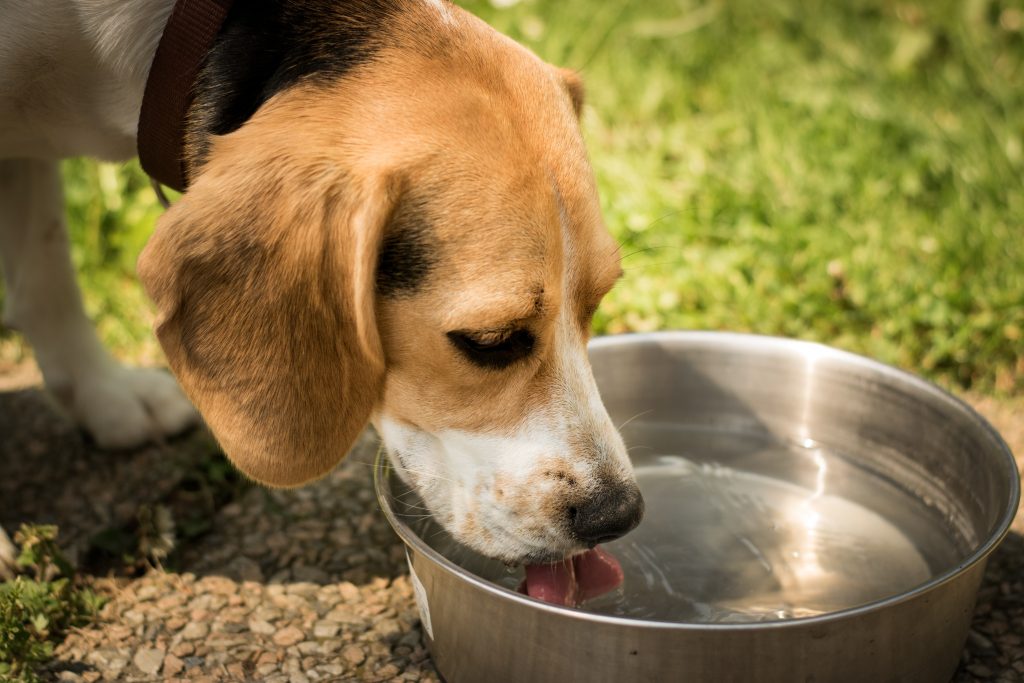Ensuring your pet stays properly hydrated is one of the most important things you can do for their health. Just like humans, pets can suffer from dehydration, which can lead to serious health issues. This guide will walk you through the essential steps to keep your furry friend happy and hydrated.

Why Hydration Is Essential for Pets
Body Temperature Regulation
Water plays a critical role in helping your pet regulate their body temperature. When they pant, water evaporates from their tongue and lungs, which helps cool them down.
Organ Health and Energy Levels
Proper hydration is vital for your pet’s organ function, including their kidneys and liver. It also helps transport nutrients throughout their body, maintaining their energy levels and overall vitality.
Signs of Dehydration in Pets
It’s important to know the signs of dehydration so you can act quickly.
Dry Gums and Nose
A simple way to check for dehydration is to gently lift your pet’s lip and feel their gums. If they feel dry or sticky, it’s a sign they need water. Similarly, a dry nose can indicate dehydration.
Lethargy and Reduced Appetite
A dehydrated pet may seem unusually tired, lethargic, or uninterested in their usual activities. They might also show a reduced appetite or a reluctance to eat.
Tips to Encourage Drinking
Fresh, Clean Water Daily
The easiest way to encourage your pet to drink is to provide them with fresh, clean water every single day. Wash their water bowl regularly to prevent the growth of bacteria that can make the water unappealing.
Multiple Water Bowls Around the House
Place several water bowls in different locations around your home. This makes it convenient for your pet to find a drink no matter where they are, which is especially helpful for older pets or those with mobility issues.
Pet Water Fountains
Many pets are attracted to running water. A pet water fountain can be a great investment, as the sound and motion of the water can encourage them to drink more.
Seasonal Hydration Challenges
Summer Heat and Outdoor Activities
During hot weather, your pet’s hydration needs increase significantly. Always provide access to water when you’re outdoors, and consider adding ice cubes to their bowl to keep the water cool.
Winter Dryness Indoors
Even in winter, indoor heating can lead to dehydration. Make sure your pet’s water bowl is always full, as the dry air will cause them to lose moisture.
When to Contact a Vet
Persistent Refusal to Drink
If your pet is refusing to drink for an extended period, it’s a cause for concern. A veterinarian can determine if there’s an underlying medical issue.
Severe Dehydration Symptoms
If you notice severe symptoms like sunken eyes, loss of skin elasticity, or a complete lack of energy, contact your vet immediately.



